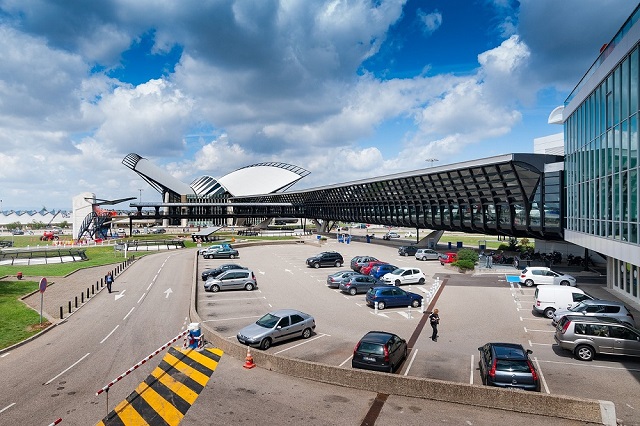Brahmaputra Biodiversity and Biology Boat

Brahmaputra Biodiversity and Biology Boat (B4), a laboratory on boat is proposed to be established on the Brahmaputra River by the Department of Biotechnology, Government of India in collaboration with Ministry of DONER (Development of North Eastern Region) to study the changes caused by dams, climate change, human interventions and the eventual effects it has on the river eco-system. Despite supporting considerable biodiversity, the Brahmaputra has not been studied as extensively as the Amazon, as stated by Secretary, Department of Biotechnology K. Vijay Raghavan on Wednesday, September 21, 2017. This initial research is likely to start by December 2017 and is tentatively planned to cover the region from Pasighat, Dibrigargh, Neemati, Tejpur and Guwahati in the State of Assam.
- B4 will be set up on a large barge on the River Brahmaputra, with several satellite boats capable of venturing into the shallower and narrower parts of the river and lifting samples for research.
- These boats will be well-equipped laboratory with powerful research mechanism for analysis of all components of the entire ecosystem of the River and surroundings.
- There would also be Mobile Labs that would run along the tributaries of the Brahmaputra to feed in data to the B4.
- For a river of the size and diversity of the Brahmaputra, there is very little research done to understand its hydrology, water quality and biodiversity.
- The project will constantly monitor the impact of various environmental and anthropological factors that affect the River and conduct research to mitigate the effects.
- IIT Guwahati as the nodal agency has developed work plan for interdisciplinary focus that will also aim at a thorough study of freshwater resources of North East India.
- The integrated approach is aimed to combine data, science and judgement that can impact policy.
- The large boat with the permanent lab will be spread over two floors and will go up and down the River. One floor will be dedicated to Scientists, while the other floor will be accessible to residents of the area to learn about the eco-system.
- B4 will link to all the local research institutions along the River Brahmaputra, as well as national and international laboratories.
- B4 will have a teaching laboratory for school/college of students.
- B4 will be capable of analyzing soil, water, animal life etc.
Majuli, the first island district of India, was once 1200 square kilometres but due to excessive erosion has since shrunk to under 500 square kilometres. The government of India plans to safeguard this fast-eroding Asia’s largest riverine Majuli Island, using research carried out on floating ‘B4’ boat labs along the Brahmaputra River. Majuli is also known for being the seat of Assam’s Vaishnava monasteries. The most common factors which cause soil erosion on Majuli Island are water and wind movements. Water flowing to ground carries away soil with it. During rain the soil particles, weathered rock and other organic materials are detached by rain. These soil particles are carried away by the running water. To protect it, local people are also trying to plant trees. The trees act as flood barriers. Over 25 villages have been washed away in the past 25 years. If no steps are taken, Majuli may not exist 20 years from now.
In order to give focused attention to the North Eastern Region, Dr. Harsh Vardhan, Union Minister for Science & Technology and Earth Sciences has provided hands-on leadership in implementing various biotech initiatives in North Eastern Region (NER) and a North Eastern Region Biotechnology Programme Management Cell (NER-BPMC) has been established. The Ministry of Development of North Eastern Region is responsible for matters relating to planning, execution and monitoring of development schemes and projects in. Its vision is to accelerate the pace of socioeconomic development of the Region so that it may enjoy growth parity with the rest of the country.
